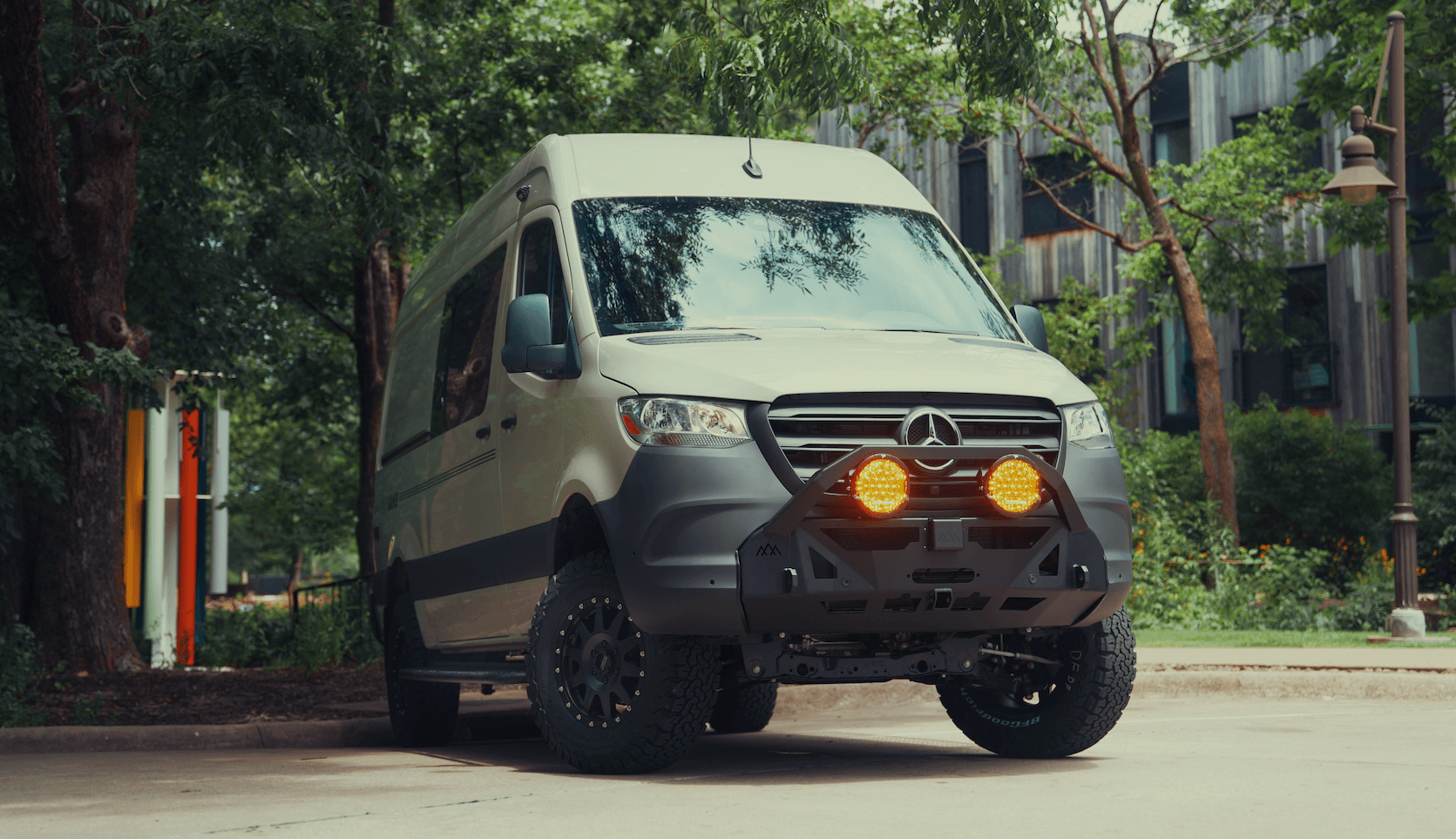Recreational Vans

Camper van hire is the process of renting a compact motorhome for a set number of days. These vans are smaller than most motorhomes, simple to drive, and sized for city parking and national park roads. The hire process usually includes choosing a van class, picking dates, selecting miles included, and adding extras like bedding, kitchen kits, snow chains, or bike racks.
Before you reserve, read the mileage policy. Some bookings include unlimited miles while others set daily limits with per mile fees if you go over. Ask about generator use, power inverters, and shore power cables so your fridge, lights, and outlets work the way you expect. Most rental agreements require a security deposit and a cleaning fee if the van is returned dirty or with tanks not emptied.
Pick up day goes best when you arrive with time to spare. Plan for a walk through that explains switches, fuses, water fill and drain, heater or air conditioning controls, and the portable toilet. Photograph the exterior and interior at pick up and return to document condition. Confirm roadside assistance details and what to do if a warning light appears. Return the van on time with fuel and water handled per the agreement.
The right van depends on trip length, climate, passengers, and the gear you carry. A Class B high roof model allows standing room, indoor cooking, and weather protection. A pop top can add sleeping space for kids while keeping a lower profile on the road. Bench seat or captain seat layouts change seat belt positions and sleeping options.
Power systems vary. Many vans pair a house battery with solar panels and an alternator charger so the fridge and lights stay on while you drive or camp. If you plan to work on the road, ask about pure sine inverters for laptops and camera gear. In hot regions, roof air needs shore power or a large battery bank and that affects campground choices. In cold weather, a diesel or propane heater keeps things comfortable without idling the engine.
Water and storage matter more than most first time renters expect. Check fresh and gray tank sizes, how the toilet is serviced, and where wet gear can dry without soaking bedding. Think about storage for bikes, boards, skis, or a motorcycle and confirm tie down points and floor protection. A simple, open layout often carries bulky gear better than a dense cabinet design.
Pricing varies by season, location, and van size. Expect a nightly base rate with taxes plus options like kitchen kits or bike racks. Some companies charge a service fee, generator use fee, or a premium for one way travel. Budget for fuel, campgrounds, and a final cleaning charge if you return late or with tanks not serviced.
Insurance for camper van hire often includes a collision damage waiver with a set deductible. You can sometimes buy supplemental coverage to reduce that deductible. Confirm if roadside glass, tires, and underbody damage are excluded. Add an extra driver only if needed to avoid unnecessary fees. Young driver surcharges can apply in many regions.
Know local camping rules. National parks and popular coastal areas often require reservations months ahead. Many cities restrict overnight parking, and stealth camping can result in tickets or towing. Plan dump stations, potable water stops, and propane refills. In alpine or winter regions, learn the rules for traction devices and chain control checkpoints.
Many travelers use camper van hire as a test drive for future ownership. Renting reveals your real needs for space, power, heat or air, and storage. If you return home wanting a layout tuned to your habits, a custom build avoids the compromises you saw on the road. You can choose insulation for your climate, a battery system sized for your devices, and storage that fits your favorite hobbies.
OZK Customs does not rent vans. We design and build purpose built adventure vans in Fayetteville Arkansas for travelers who want a long term solution. If you are comparing hire to ownership and want to explore a build path that matches how you camp and drive, review our services and talk with our team.
Tell us how you travel and we will map the right build. From power planning to water systems and storage for bikes or boards, our team designs for your real life, then builds in house for quality and longevity. Share your goals and we will outline cost, timeline, and delivery options from Fayetteville Arkansas.
Ready to stop renting and design your own adventure van? Tell us how you travel and we will map a build that fits your life, budget, and timeline. Fill out the form and our team will follow up with a tailored plan, pricing, and delivery options from our Fayetteville Arkansas shop.
ADDRESS:
6159 E Huntsville Rd, Fayetteville, AR 72701
PHONE:
(479) 326-9200
EMAIL:
info@ozkvans.com